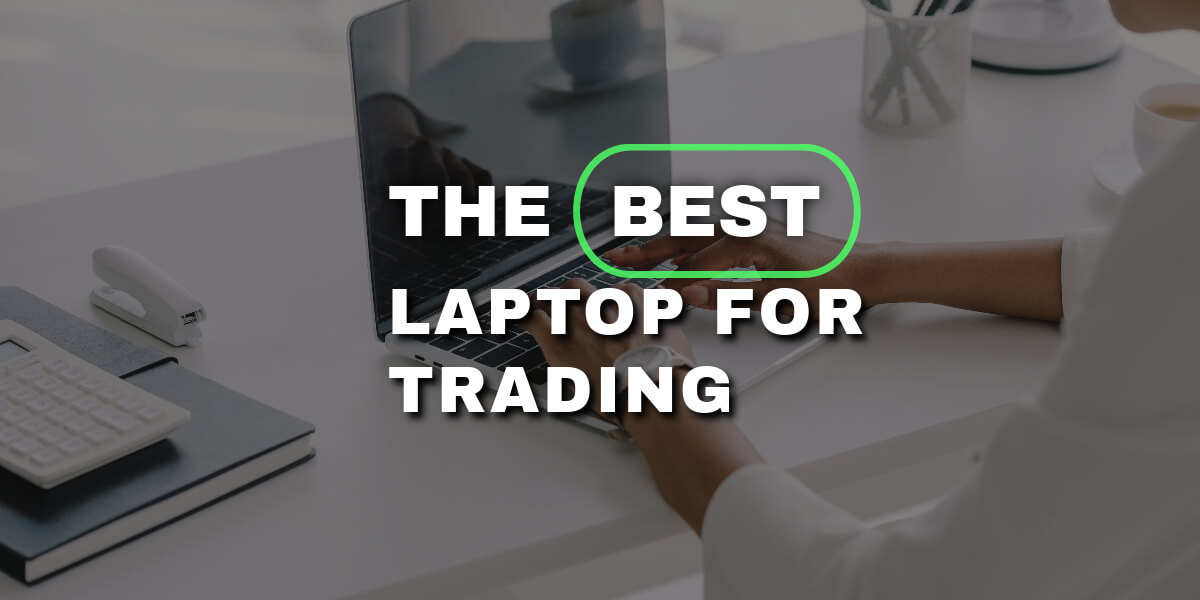
How to choose The Best Laptop for Trading Purposes today?
Key Takeaways
- The right trading laptop is crucial for success, like a race car for a driver.
- Prioritize laptops with robust RAM, long battery life, multi-monitor support, and durability.
- Key technical specs include CPU speed, GPU quality, RAM, SSD, and battery life.
- High-resolution displays with fast refresh rates are vital for efficient trading.
- Portable workstations with extended battery life cater to traders on the move.
- SSD storage enhances speed, and secure platform integration ensures data safety.
- Your choice of OS (Windows, Linux, or Mac) depends on personal preference and needs.
Have you ever thought about what is the best laptop for trading you can get yourself nowadays? What are the high-performance processors and machines that will be of most benefit to you in Forex trading lately? Or for any online business activity?
As we know, nowadays the offer of laptops is huge. However, their quality could be better. You need good tools, software, and high-quality hardware to have a successful Forex trading career.
Are you seeking a high-quality laptop with reliable battery life and robust cam capacity? Looking for a PC with multi-monitor support and durable build quality? Look no further! This text will provide all the information you need to find the best Forex trading laptop.
The Forex market is constantly changing, and we will help you navigate it. So, let’s start!
What features make one laptop for trading stand out?
Before starting your purchase, it’s crucial to fully understand what makes one laptop stand out from the rest.
They say buying a more expensive and better-quality laptop is cheaper. In that way, you’ll save money on potential repairs otherwise.
To trade, you need a powerful laptop with lots of RAM and fast storage for smooth travel performance. Here’s a guide to your ideal trading companion:
Accelerate Trading with High-Performance CPUs and Responsive Systems
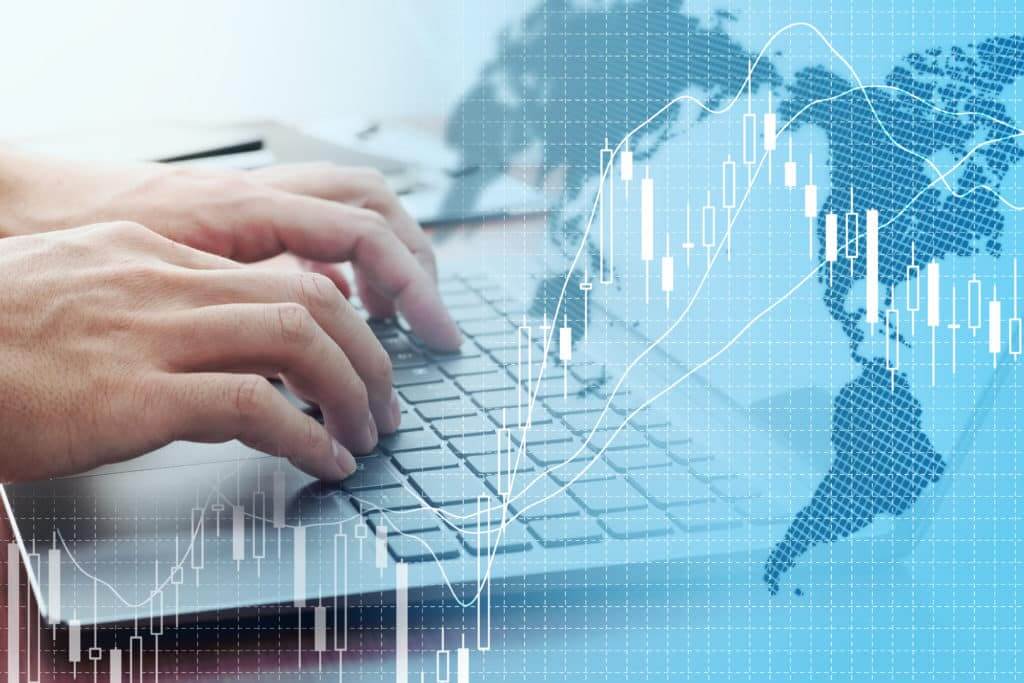
Selecting processors such as Intel Core i5 or i7 or AMD Ryzen 5 or 7 ensures swift market data processing and optimizes response time for fast-paced trading.
These CPUs offer the speed you need, all at a competitive price point.
Boost Trading Efficiency with Robust RAM, Screen Size, and 4K Compatibility
Trading thrives on multitasking, starting with your laptop’s performance. It is recommended to have a minimum of 8GB of RAM for your device. It’s crucial to have a robust RAM capacity for more advanced applications and systems.
However, having 16GB or more is even better if you are engaged in high-frequency and algorithmic trading.
Enough RAM allows running multiple trading apps smoothly, especially when using larger screens and 4K monitors. These factors collectively contribute to a seamless trading experience.”
Sharp Displays, Swift Refresh: Ideal for Day-to-Day Time Frames
Enjoy the benefits of clear, high-quality displays with a resolution of at least 1080p or higher. These screens provide the visual clarity necessary for detailed analysis of charts and graphs in your daily work.
What sets these displays apart is their ability to capture the finer details of market trends. Fast refresh rates ensure that your screen stays responsive and up-to-date.
It’s crucial in fast market trading to not miss any important information. These features help traders monitor and respond quickly to market changes, giving them an advantage.
Portable Trading Workstations
Portable Trading Workstations Mobility is key for traders on the move. Find laptops with 6-8 hours of battery life and lightweight, portable designs to stay agile and flexible.
SSD Storage for Speed
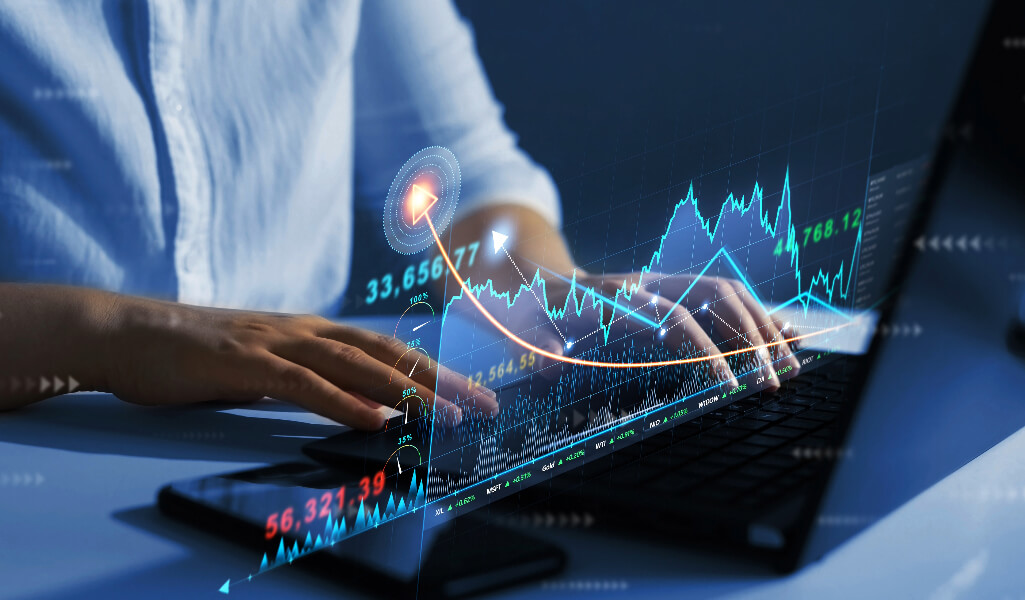
SSD Storage for Speed Trading software and data management demands storage efficiency. Solid-state drives (SSDs) are your best bet, offering rapid read and write speeds.
An SSD-equipped laptop ensures speedy access to data and trading applications, elevating your trading efficiency.
Secure trading platform compatibility security
Secure Trading Platforms Compatibility Security is paramount. Ensure your laptop seamlessly integrates with secure trading platforms, safeguarding your financial transactions and sensitive data.
Crafting the ultimate trading workstation involves marrying processing power, robust RAM, speedy SSDs, high-resolution displays, portability, and security to equip traders with the tools they need for success.
What is the best operating system for trading?
For a long time, there has been a debate in internal Forex trading circles as to which is the best laptop for trading. Which operating system is the most effective and provides traders with the best user experience?
Choosing the Ideal OS for Stock Trading
Choosing between Windows and Linux for your trading needs depends on what you prefer and need in an operating system.
If you possess technical expertise and a penchant for programming, Linux is a top choice. Conversely, Windows stands out for its user-friendly interface and seamless access to a wide array of programs.
Is Mac Suitable for Trading?
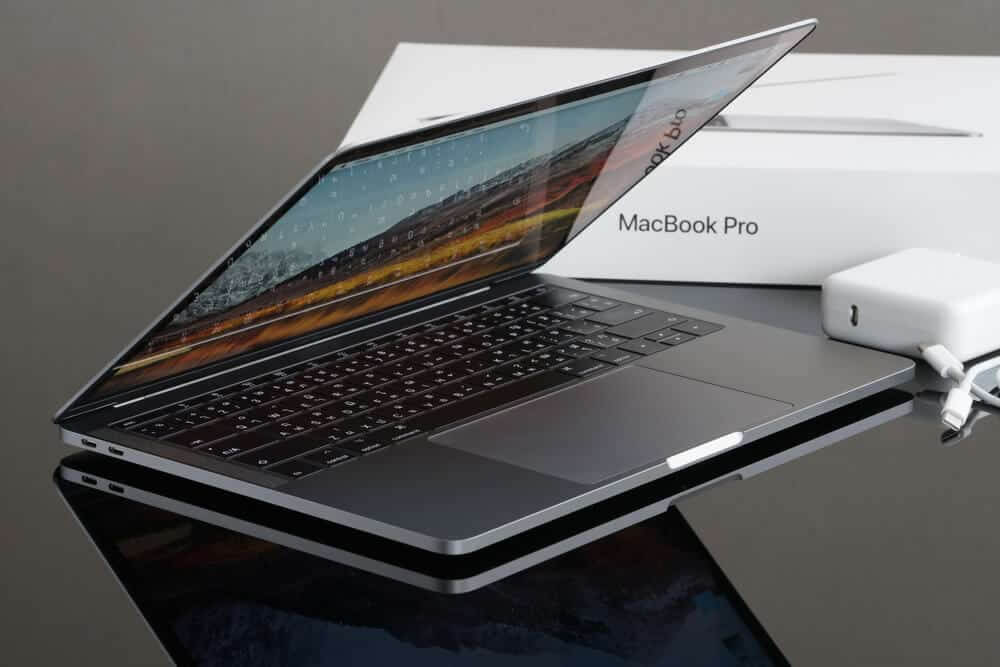
Mac proves to be an excellent choice for professional traders. The MacBook Air is the best choice for traders who value portability and are willing to spend money.
The Apple MacBook Pro 2019 is also the ideal choice for day trading enthusiasts.
Which Trading Software Is Recommended for Linux?
Here are some of the best algorithmic trading software options for Linux:
- Coinrule
- TradingView
- Devexperts
- Statmetrics
- MetaQuotes
What’s the Optimal Linux Distro for Stock Trading? Zorin OS 16 earns the title of the best Linux distribution for Stock or Forex day trading.
Does Linux Support Thinkorswim? Certainly! Thinkorswim is compatible with Linux, allowing you to download and then install it on your PC easily.
What laptop to choose for day trading?
Regarding day trading, having the right laptop is as crucial as a racing car to an F1 driver. Your laptop is the vehicle for navigating the fast-paced trading world, demanding efficiency and reliability.
This guide explores the technical specifications and features you need for a successful trading experience, including external monitors, and why they matter.
Laptop Technical Specifications to know
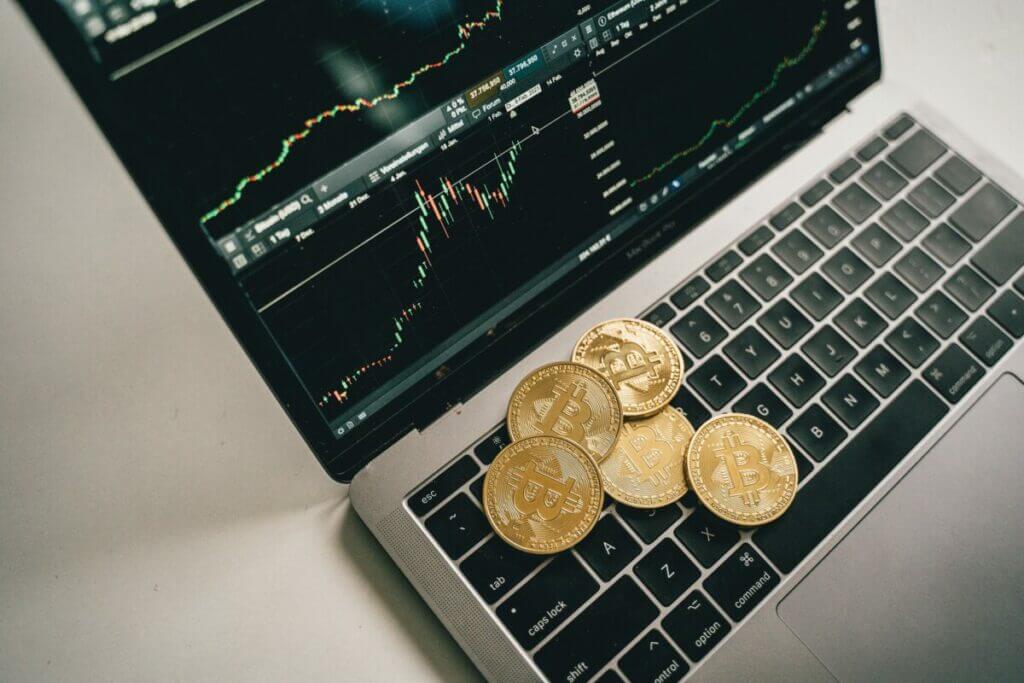
- Speed (CPU): A fast-running laptop is essential for day trading, where every second counts. Look for a laptop with a CPU of at least 2.8 GHz to swiftly execute commands and switch between applications.
- Graphics (GPU): A quality GPU ensures clear trading data visualization. Opt for GPUs like NVIDIA GeForce or AMD Radeon, providing superior resolution without gaming-level graphics.
- Memory (RAM): RAM is vital for multitasking, allowing you to run multiple trading applications simultaneously. Aim for at least 8GB, with 16GB providing smoother performance.
- Storage (SSD): Solid-state drives (SSDs) speed up boot times and program execution. Combine them with external drives to free up space for trading activities.
- Battery Life: Trading consumes laptop resources, so a minimum of 8 hours of battery life is crucial for uninterrupted productivity.
- Good display quality is important for monitoring charts and data. It should have a high resolution (1920 x 1080) and a comfortable screen size.
- Ports: Ensure your laptop has enough ports, including HDMI and USB slots, to accommodate external devices like monitors and drives.
- Wireless Connectivity: Bluetooth and Wi-Fi adapters ensure uninterrupted internet access, a necessity for successful trading.
Selecting high-performance trading laptops – the word of the Author
I specialize in selecting high-performance trading laptops with a PC gaming edge, emphasizing speed and precision. These laptops feature higher refresh rates, ensuring swift market data updates crucial for trading success.
My focus on CPU speed, GPU efficiency, ample RAM, and SSD responsiveness aligns with PC gaming standards, enabling efficient trade execution and precision in a fast-paced trading environment.
Bottom line
When finding the best laptop for trading, your choice should align with your preferences and trading needs.
If you engage in day-to-day trading within a wide range of markets, consider a mid-range laptop with a suitable price tag. This ensures efficient handling of multiple time frames while offering the necessary power for tasks like video editing.
Prioritize laptops with a balanced frame rate for smoother performance in your daily trading endeavours.




